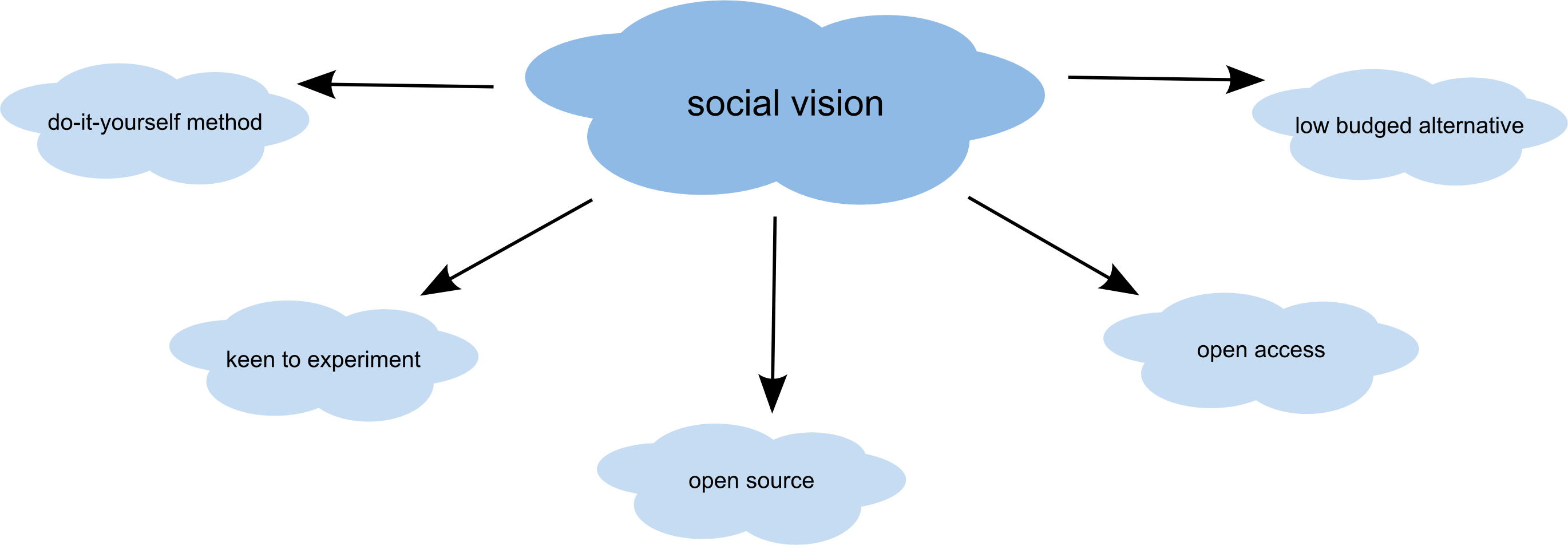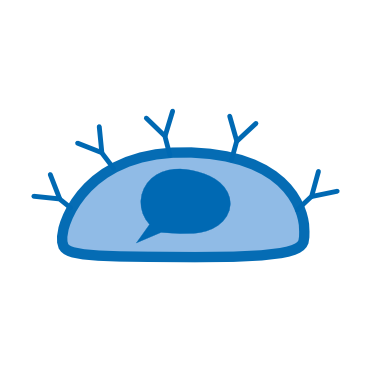Spreading the Idea of Synthetic Biology
How can we convince people that the technology we develop is safe to use and that the problems we tackle with our project concern everybody? Unfortunately, a lot people around the world are scared of genetically modified organisms and any application related to them. Though we believe that natural skepticism towards new and unproved technologies is not just good but especially desirable, the current fear some people encounter gene technology with is a bit disproportionate and might be counterproductive to technological and scientific advance in related fields.
However, as reported, for example, in an [http://www.rundschau-online.de/magazin/gentechnik--risiko-oder-chance-,15184902,15929266.html article] published in a major local newspaper's magazine, Kölner Stadtanzeiger, the social acceptance of biotechnological products could be higher if people felt informed better and understood the underlying science. Following up on this, we thought about how we can inform people factually but in a comprehensible way about gene technology and synthetic biology. Before we talk about fancy devices in synthetic biology, how can we get down to the underlying issue of social rejection of gene technology in general?
At the same time, young students interested in science and engineering are the most valuable future source of innovation. One day, they might be the researchers who develop the solutions to the most pressing issues of our world. For that reason, informing this group of people is of utmost importance and was therefore prioritized in our Policy & Practices work.
Combining these two thoughts, we visited two schools, the Kaiser-Karls-Gymnasium in Aachen and the NEAnderLab in Hilden, where we talked to students about synthetic biology and the iGEM competition, but also explained the scientific background and social aspects of our project. A delegation of our team also visited the MakerFaire in Hannover, a family-friendly exhibition for tinkerers of all kinds, to spread the idea of synthetic biology and to discuss our project with the public. When we organized the Aachen iGEM Meetup 2014, we also made sure to include a public part where all teams who participated in our meetup had the opportunity to present their project to a general audience.
To read more about our different public projects, please click on the respective logo below.
|
 "
"





